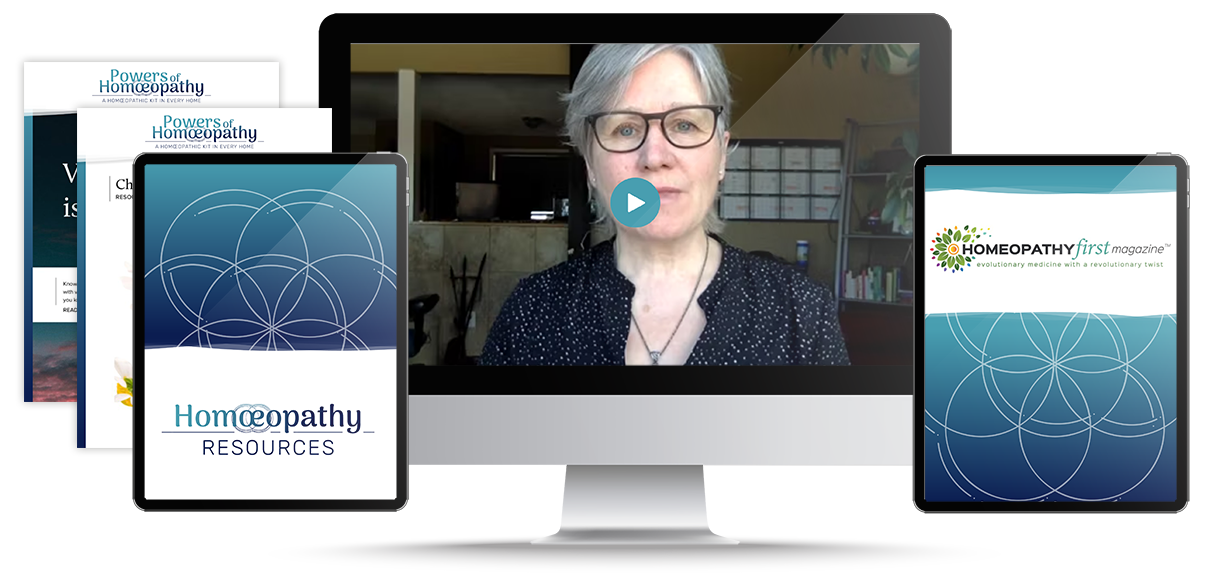Can you hear them? The voices…you know… the voices inside your head that carry on conversations with people who are not physically there. Or the voices that have discussions about events long past or the voices that predict, judge or complain. There are even the voices that create fantasies about relationships, true love or holidays on remote islands with nothing to do but read, eat and sleep. Sometimes the voices even tell jokes…you know…you are in a grocery line-up and you start laughing at your own internal voice jokes and others look at you like you are mad, entirely bonkers as Alice in Wonderland would say.
I remember one voice I heard during a post partum depression after the birth of my first son. He was a colicky baby who would never sleep. After endless nights of no sleep, trying to be the perfect mother and failing miserably, I heard a voice ask the question: “If who I am is not what I do (remember, big failing mark in motherhood), then who am I?”
(And the voice in my head as I write this says ‘Cue the theme song from CSI – Who Are You?’ And I am the one sitting here laughing at my own joke! Bonkers! But just in case you want to know who originally wrote and sang the theme song, check it out.
But seriously…who are you? Who am I?
Not a question that you can take back easily once you have acknowledged the voice in your head that asked that one!
I am pretty sure the outside world at that point stood still when the voice asked me this question. And the voices that continually chattered in my brain stopped immediately. They were the voices that said things like “You call yourself a good mother? You yell! You’re angry all the time. You hate getting up with your baby.” And in my head I would answer “But he doesn’t sleep. There’s something wrong with him. You’d hate someone too if they were biting while breastfeeding.” I was even arguing with the voices in my head!
I needed help. Even my pastor figured I was beyond what he could offer and he sent me to a nunnery. Truly. I went to the FCJ Centre for spiritual direction. In addition, I checked in for therapy with a psychologist, just for good measure. I was a mess. When Sister Nora told me that sleep deprivation was a form of torture in some parts of the world, my perspective changed and the voices in my head became a little less judgmental about my poor mothering skills. Sister Nora’s advice was to sleep and sleep I did. With my baby in the capable hands of my sister, I slept for a week…until I could finally connect with myself. So began my healing journey…with the simple yet profound question, ‘If who I am is not what I do, then who am I?’
 You can add to that ‘If who I am is not what I think or what I own or what I know or what I feel or what I believe in, then who am I?’
You can add to that ‘If who I am is not what I think or what I own or what I know or what I feel or what I believe in, then who am I?’
“Ramana Maharshi (1879-1950), a great teacher in the yogic tradition, used to say that to attain inner freedom one must continuously and sincerely ask the question ”Who am I?” He taught that this was more important than reading books, learning mantras, or going to holy places. Just ask, “Who am I? Who sees when I see? Who hears when I hear? Who knows that I am aware? Who am I?” The Untethered Soul: The Journey Beyond Yourself by Michael Singer
Whoa…Back Up…What Voices?
We all have them. Inner dialogues going on all the time.
“In case you haven’t noticed, you have a mental dialogue going on inside your head that never stops. It just keeps going and going. Have you ever wondered why it talks in there? How does it decide what to say and when to say it? How much of what it says turns out to be true? How much of what it says is even important? And if right now you are hearing, “I don’t know what you’re talking about. I don’t have any voice inside my head!” – that’s the voice we’re talking about.” Michael Singer
Why Do We Have Voices Inside Our Head?
According to Michael Singer, the voices are there to protect us from our outer reality, which often is contrary to our perception of how the world should be.
“You will come to see that the mind talks all the time because you gave it a job to do. You use it as a protection mechanism, a form of defense. Ultimately, it makes you feel more secure. As long as that’s what you want, you will be forced to constantly use your mind to buffer yourself from life, instead of living it. This world is unfolding and really has very little to do with you or your thoughts.”
“True personal growth is about transcending the part of you that is not okay and needs protection. This is done by constantly remembering that you are the one inside that notices the voice talking. That is the way out. The one inside who is aware that you are always talking to yourself about yourself is always silent. It is a doorway to the depths of your being. To be aware that you are watching the voice talk is to stand on the threshold of a fantastic inner journey. If used properly, the same mental voice that has been a source of worry, distraction, and general neurosis can become the launching ground for true spiritual awakening. Come to know the one who watches the voice, and you will come to know one of the great mysteries of creation.”
I am only on Chapter Five (infinite energy is the title…looking forward to that chapter!) of Michael Springer’s book but already I am observing the voices and conversations that go on in my head. His suggestion is to simply observe the voices and the dialogues. By doing that one thing only, you are becoming aware of the you that is the silent witness to your struggle to make sense of outer reality. You need do nothing else but observe the chatter that goes on in your head.
And What Does Homeopathy Have to Do with the Voices?
There is a connection. Sometimes our outer reality can really be overwhelming and stressful. Sometimes in our attempt to protect ourselves, who we think we are becomes how we operate in the world i.e. the voices help us reconcile whatever stress or illness has befallen us. The voices are protecting us from an outer reality that is disturbing our sense of well-being…creating an imbalance between outer reality and inner reality.
 Dr. Rajan Sankaran in his book The Other Song: Discovering Your Parallel Self says:
Dr. Rajan Sankaran in his book The Other Song: Discovering Your Parallel Self says:
“Disease was thus seen as an affection of the whole person, as a posture adopted as a survival mechanism to suit a particular situation that is perceived rather than real. This posture makes us react to reality in an unsuitable and disproportionate manner due to our false perception of it. Naturally this in turn produces a constant stress in us. For example, when a man is being chased by a lion, the posture of running fast, being afraid, etc is appropriate since his survival depends upon it. However, if he is in such a state, with no lion to justify it, or he adopts such a a posture even when chased by a little dog, or if he is in such a panic that he cannot think (a reaction that is in excess of what is needed in the situation) then this is disease. It is as if he were functioning on a false perception of reality, a ‘delusion’, which makes him react in an inappropriate manner. This is the root of his stress. This delusion is reflected in a person’s fears, dreams hobbies and colors all aspects of his life akin to colored lenses he wears at all times.”
We are left with a conflict…between outer and inner and the stress of that shows up in physical and/or mental/emotional symptoms.
Dr. Sankaran then goes on to ask the question:
So then, how does the conflict within an individual arise?
“It arises when the external reality differs significantly from the individual’s perception of that reality. When such a disparity between inner and outer reality occurs, there is a threat to unity and harmony. Instead the person experiences duality and conflict. He experiences two inner voices: one voice saying what it actually is; the other perceiving, from his view point, quite differently and so talking with a different voice.”
Sankaran gives an example:
“…a girl who constantly feels unloved by the whole world. Objectively, she has her parents who love her; the institution that she belongs to also takes good care of her; and yet she dwells on the feeling that nobody loves. Her. Subjectively she feels unloved. The voice of outer reality (what is) is contradicted by that of her ‘inner reality’ (what she perceives to be the case). These two contradictory voices create turmoil and stress at every level in her.”
With homeopathy and with a sensitive homeopath who knows how to listen, you can experience the beginning of a healing journey simply by observing and sharing what is happening with ‘voices’. The ‘what’ of the voices can give clues as to patterns that are reflected as symptoms in the person.
Here is how Sankaran explains the difference between ‘why’ something is and the ‘what’ something is.
“Why the present reality is the way it is, is not ultimately knowable to us. The ‘what’ is more than enough for us to seek, to perceive clearly.
Truth then is not the ‘why’ but the ‘what’ of something.
There are two branches of inquiry into the nature of things:
1. One way is the way of reasoning and understanding. It involves thinking, surmising, using logic, postulating etc. it seeks to find the cause of things, and to label and classify these thing
2. The other branch of inquiry is the way of pure observation. It seeks to just witness what IS without thought, analysis or attempt to find the cause or the category. The observation is pursued as deeply and as finely as possible. The totality of the observations is accepted as the knowable truth.”
Here again we meet Singer’s work with Sankaran’s work – the witness, the silent witness, the observer. Not the mind that tries to figure out the why of a situation that differs in the outer reality and our inner perception but the silent observer who sees the ‘what’ of a situation.
Behind the voices, we have a place in us that observes silently; the silent witness observes the voices, the conflict and the attempt to reconcile our outer experience with our inner perceptions.
Bottom line? Just as Singer points out that the observation of the voices starts us on our healing spiritual journey, so in homeopathy does the observation of our symptoms take us on our spiritual healing journey.
Enough philosophy for today! Hope this has been food for thought for you today as you consider your own healing journey.
Yours in health and healing,
Donna




